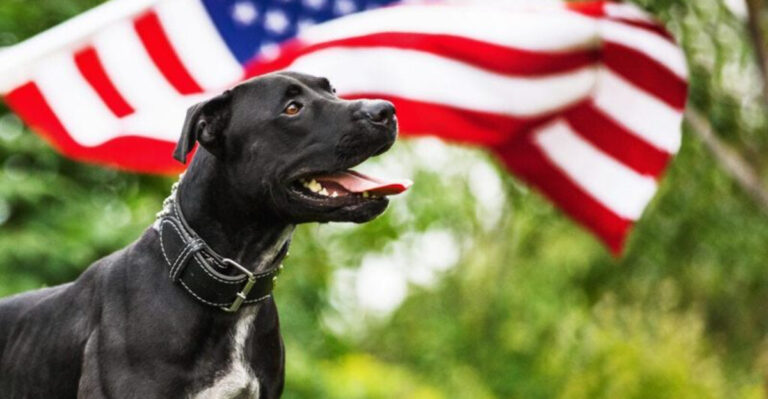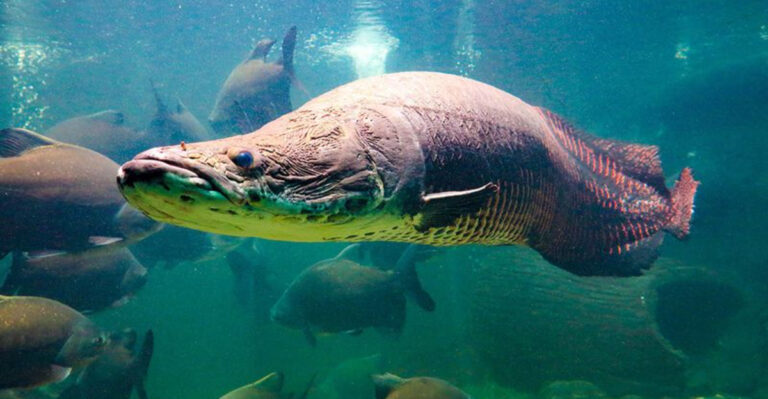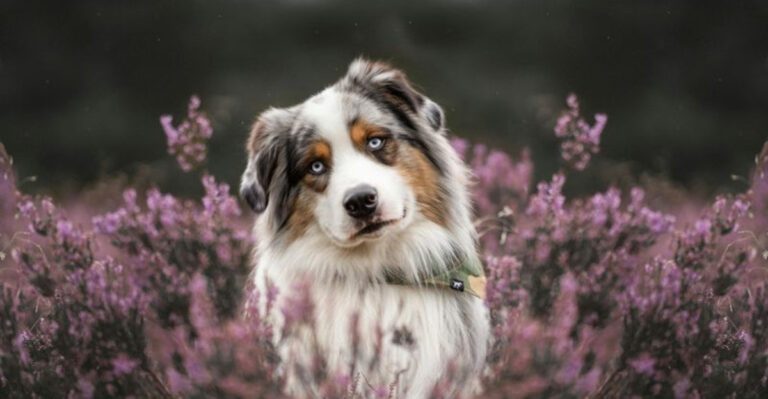9 Wild Animals That Adopt Orphans From Other Species (And 4 That Would Never Do It)
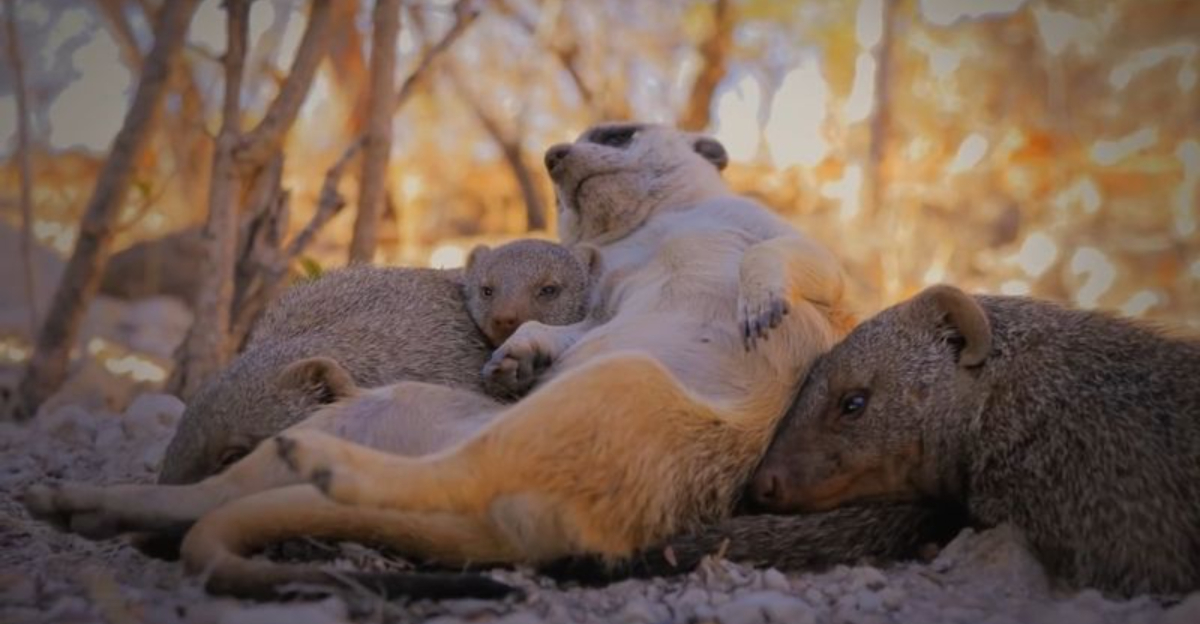
The animal kingdom often surprises us with unexpected acts of compassion. Some wild creatures show remarkable kindness by adopting orphaned babies from completely different species.
While these heartwarming stories challenge our understanding of animal behavior, not all wild animals share this nurturing instinct.
Let’s explore which animals open their hearts to orphans and which ones strictly stick to caring for their own kind.
1. African Elephants
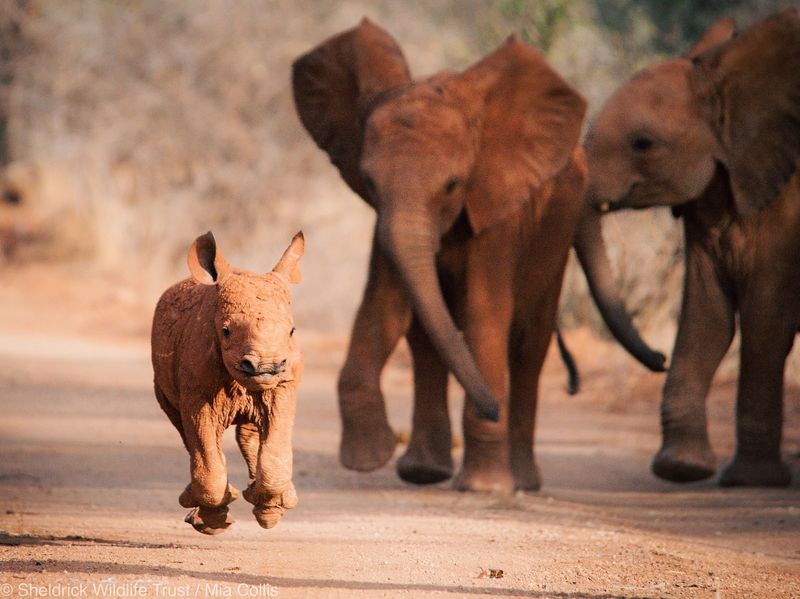
Matriarchs of elephant herds sometimes extend their protective nature beyond their species. These gentle giants have been documented caring for orphaned rhino calves, offering them the same watchful protection they give their own babies.
Their incredible emotional intelligence allows them to recognize distress in other animals. Female elephants may even produce milk for adopted youngsters, demonstrating their extraordinary capacity for cross-species nurturing.
2. Orcas
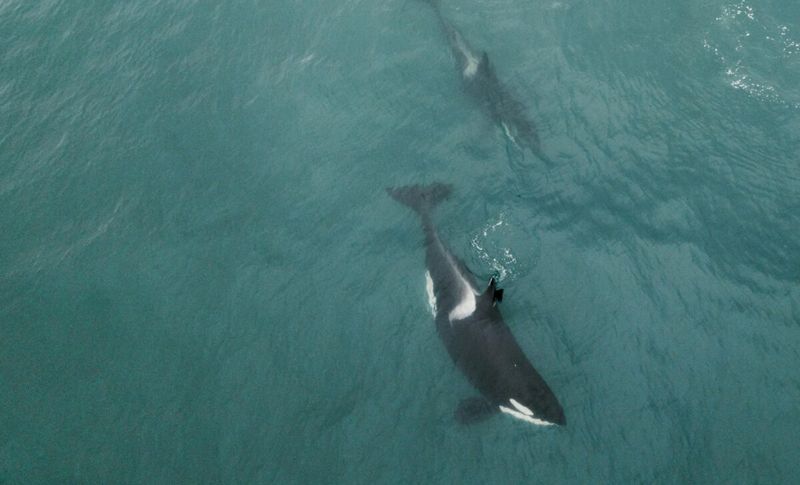
Orcas form tight-knit family pods where adoption isn’t uncommon. Scientists have observed killer whales taking in orphaned calves from other cetacean species, including pilot whales and dolphins.
The adoptive orca mothers will share food, protect, and teach these orphans how to navigate ocean life. This remarkable behavior shows how pod mentality transcends species boundaries in these highly intelligent marine mammals.
3. Crows
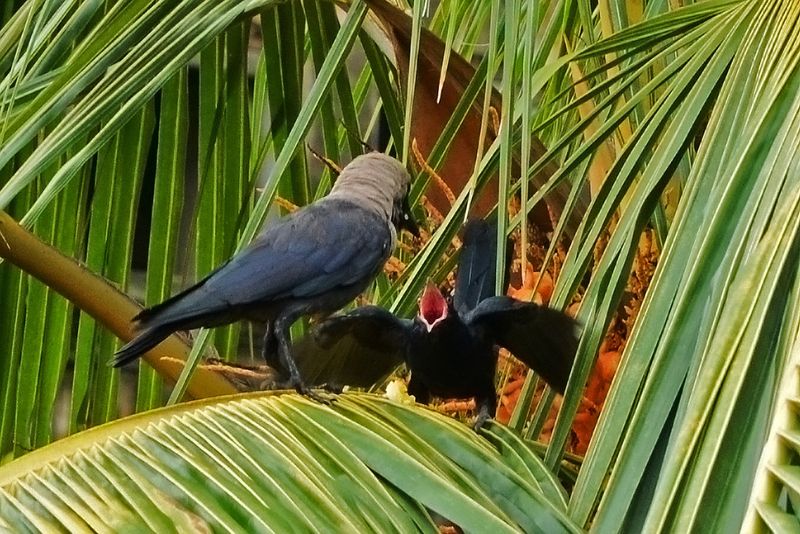
These brilliant birds occasionally become surrogate parents to nestlings from different species. A crow might discover abandoned eggs or chicks and decide to raise them as their own.
Their problem-solving intelligence helps them adapt their care to different species’ needs. While not common, documented cases show crows feeding and protecting baby robins, sparrows, and even ducklings with the same dedication they show their own offspring.
4. Chimpanzees
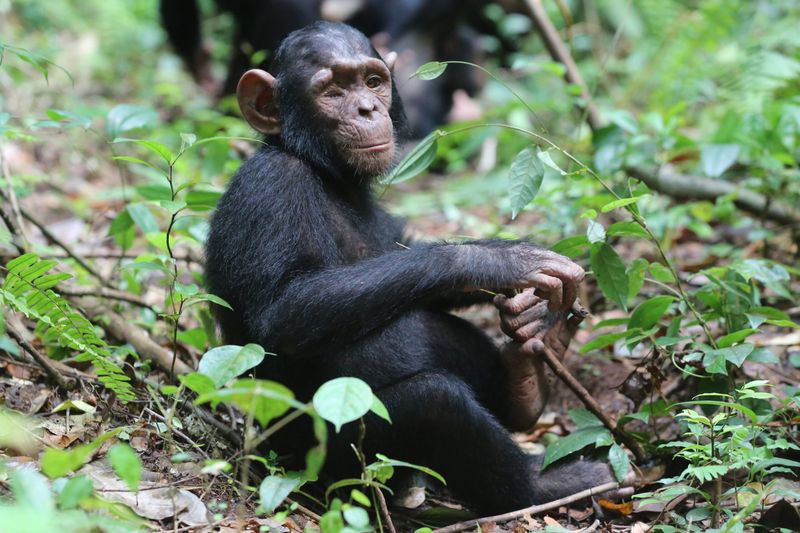
Our closest relatives show remarkable compassion when encountering abandoned young. Female chimps have been observed adopting baby monkeys from different species, carrying them on their backs and sharing food.
Jane Goodall documented several cases where chimps formed strong bonds with adopted orphans. This behavior highlights the deep capacity for empathy that exists in these primates, suggesting emotional complexity that rivals our own.
5. Meerkats
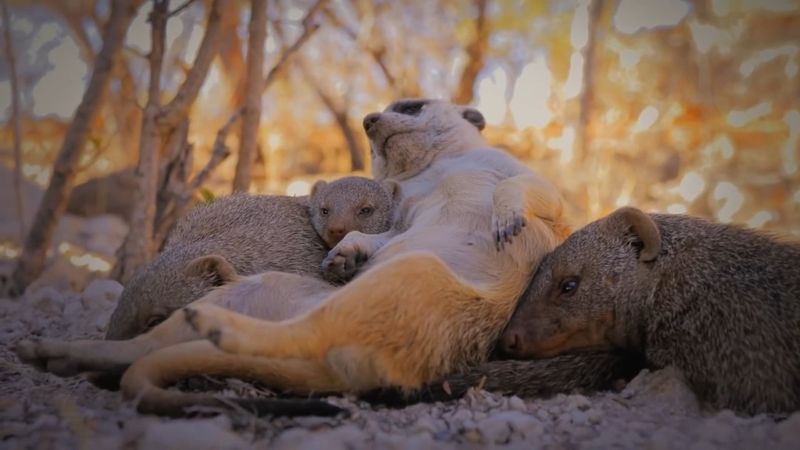
Meerkat colonies function like extended families where babysitting duties are shared. Adult meerkats readily adopt orphans from neighboring groups, integrating them fully into their clan.
What makes this remarkable is that meerkats will even adopt pups from completely different species. There have been cases of meerkats caring for abandoned mongoose babies, teaching them to forage and providing warmth in their underground burrows.
6. Hyenas
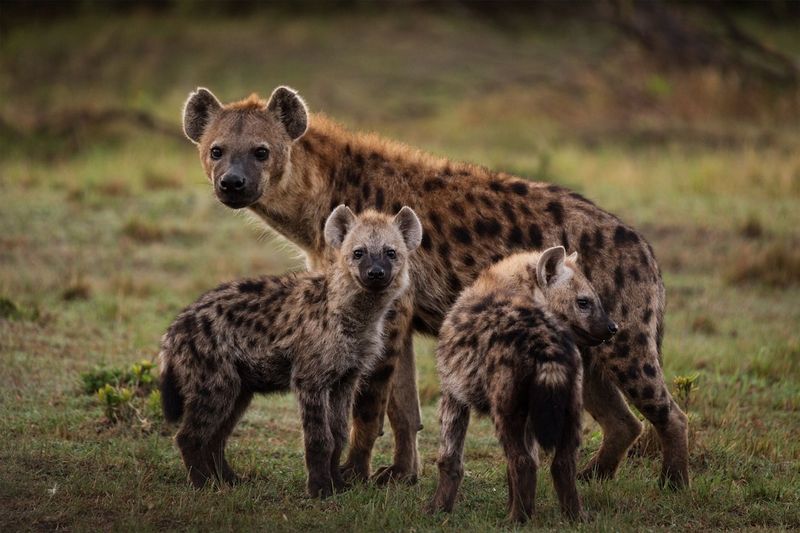
Despite their fierce reputation, hyenas show surprising tenderness toward orphans. Female hyenas occasionally adopt cubs from rival clans, a behavior that seems to contradict their typically territorial nature.
Even more astonishing are rare cases where hyenas have taken in abandoned jackals or wild dogs. The adoptive mothers integrate these outsiders into their complex social hierarchy, offering protection and teaching vital hunting skills.
7. Dolphins
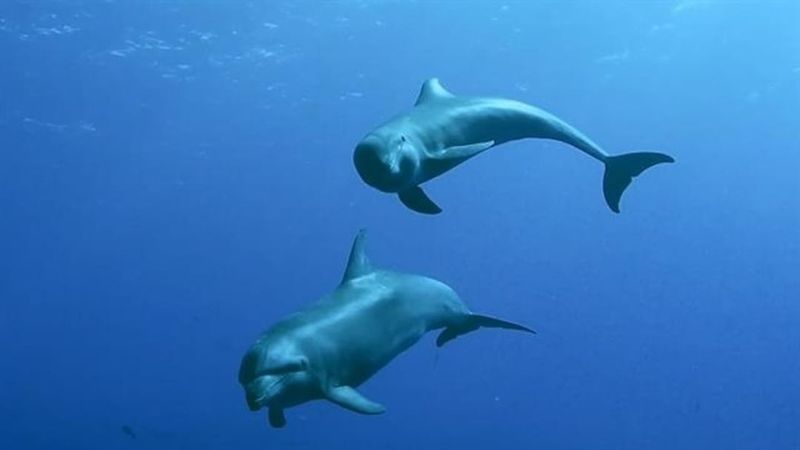
Bottlenose dolphins occasionally take young porpoises or even baby whales under their fins. These intelligent mammals have been seen guiding, protecting, and even playing with adopted youngsters from different species.
Marine biologists believe this behavior stems from their highly developed social structure. Female dolphins may continue lactating to feed these adopted orphans, forming bonds that can last for years in the vast ocean environment.
8. Tamarins
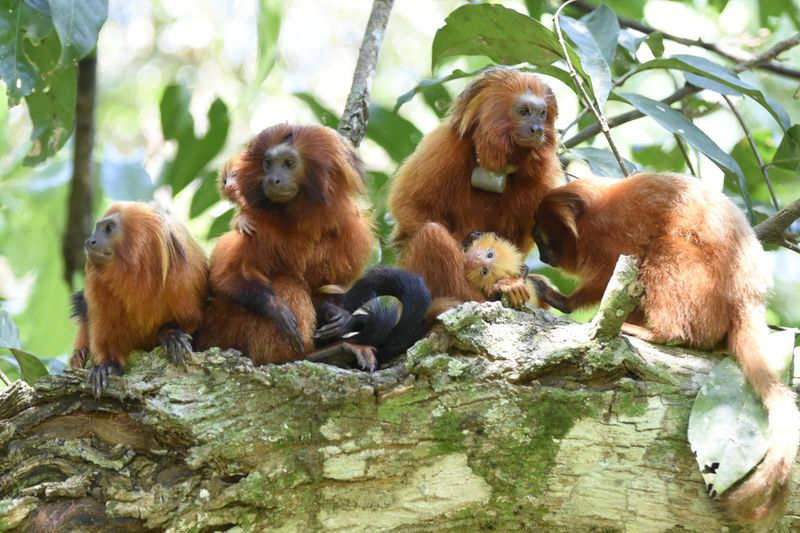
These tiny South American monkeys have big hearts when it comes to orphans. Golden lion tamarins have been observed adopting abandoned marmoset babies, carrying them on their backs through the rainforest canopy.
The entire tamarin family participates in raising these cross-species adoptees. Fathers and siblings take turns carrying and grooming the orphans, sharing food and teaching them essential survival skills needed in their complex forest habitat.
9. Baboons
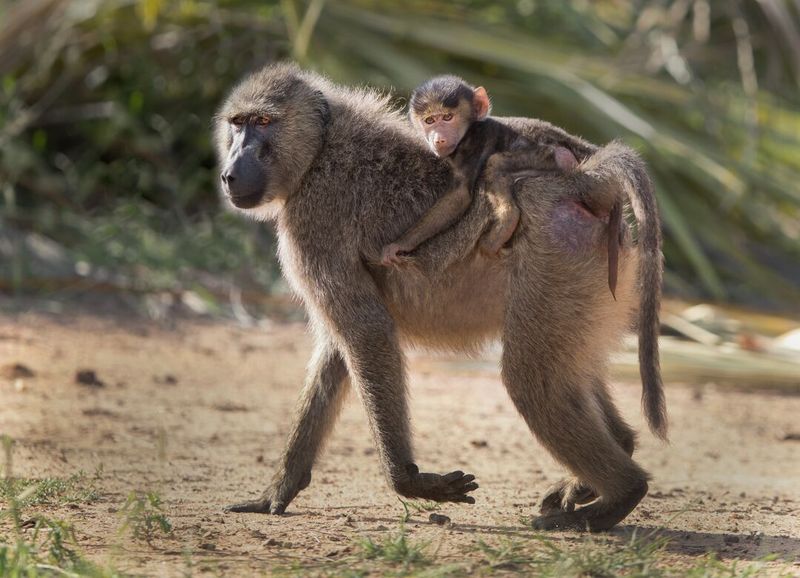
Baboon troops operate with remarkable social flexibility. Male baboons, surprisingly, often take the lead in adopting orphaned young from neighboring troops or even different monkey species.
These adoptive baboon fathers will carry, protect, and share food with their new charges. Researchers have documented cases where baboons raised vervet monkeys and other smaller primates, fully incorporating them into their complex social hierarchies for years.
10. Lions: Protecting Their Own Cubs, But Not Others’
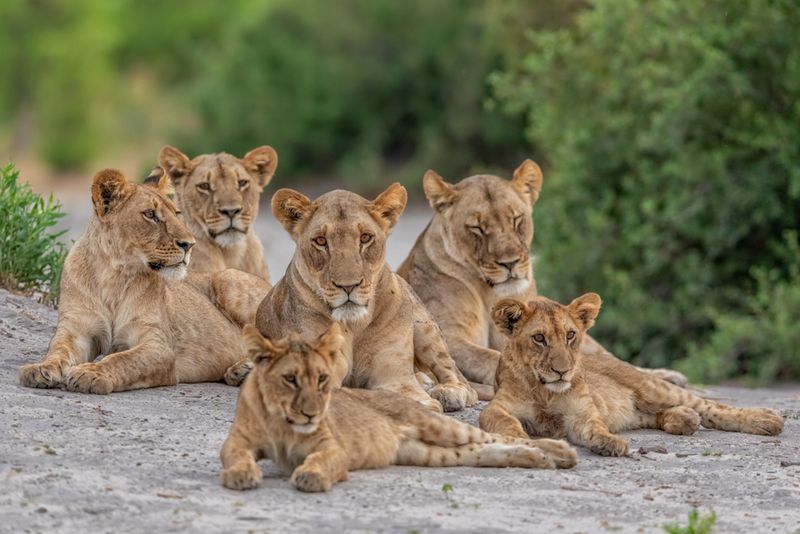
Lions operate with a ruthless family-first mentality. When a new male takes over a pride, he typically kills all cubs from the previous male to ensure only his genetics continue.
This brutal reproductive strategy makes lions particularly unlikely to adopt. Female lions will fiercely protect their own offspring but rarely show interest in orphaned cubs from other prides or species. Their evolutionary programming prioritizes resources for bloodline survival.
11. Tigers: Solitary And Unlikely To Share Parental Duties
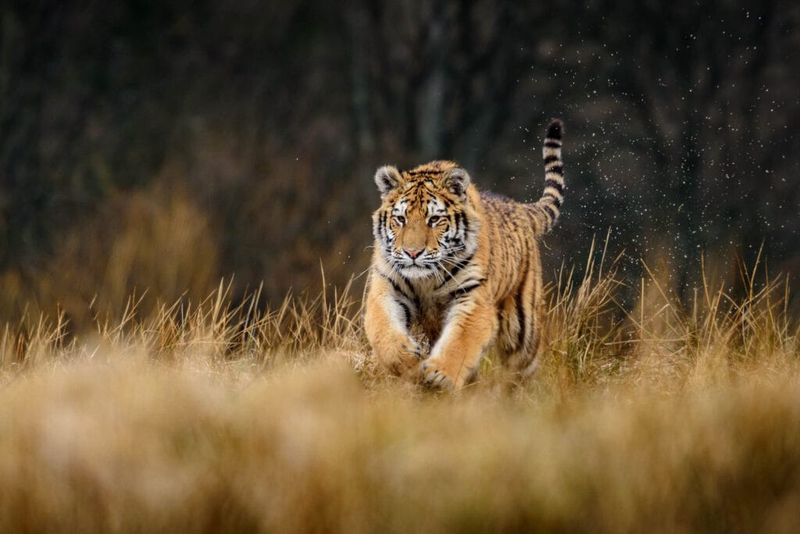
Unlike their social lion cousins, tigers live mostly solitary lives. A tigress raises her cubs alone for two years, teaching them to hunt and survive without help from other adults.
This independent lifestyle makes tigers extremely unlikely adoption candidates. Tiger mothers focus intensely on their own offspring’s survival in challenging environments. Their territorial nature means encountering orphans is rare, and when it happens, they typically ignore or avoid them.
12. Wolves: Protecting Their Pack’s Young, Not Strangers
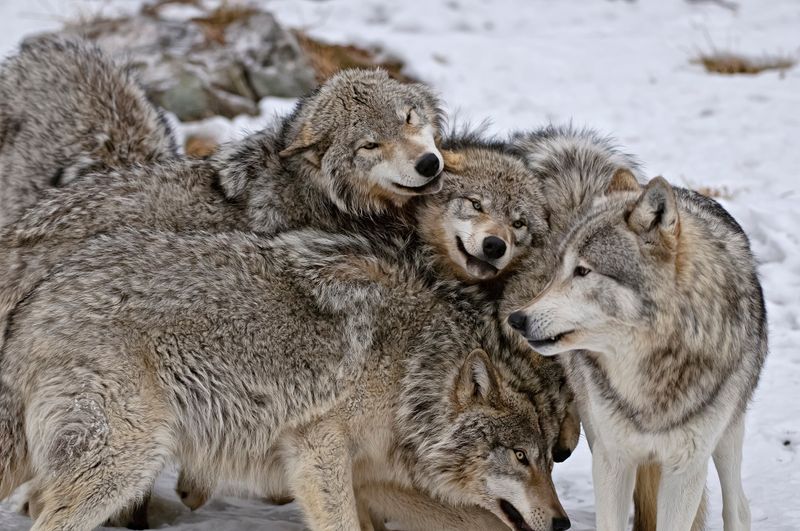
Wolf packs function as tight family units with strict hierarchies. Though extremely nurturing toward pack members’ pups, wolves show no interest in adopting orphans from outside their family group.
When wolves encounter abandoned pups from rival packs, they typically either ignore or eliminate them. This seemingly harsh behavior stems from evolutionary pressure to conserve resources for genetic relatives and maintain territory boundaries essential for pack survival.
13. Cheetahs: Prioritizing Their Own Young Over Others
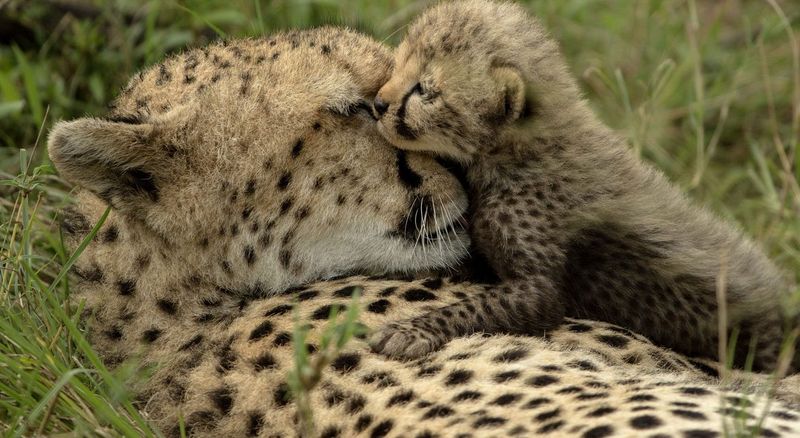
Cheetah mothers face tremendous challenges raising cubs in predator-filled savannas. With roughly 90% of cubs lost to lions and hyenas in some areas, mother cheetahs must focus all resources on their own offspring.
This survival pressure makes cheetahs unlikely adopters. A mother cheetah encountering an orphaned cub from another female would typically avoid it completely. Their precarious existence requires strict allocation of energy and hunting success to their genetic offspring.


